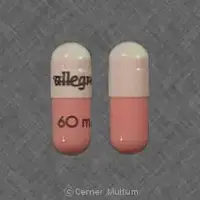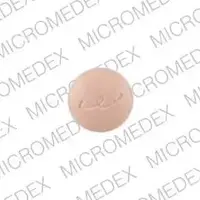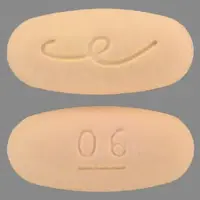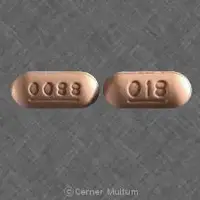Ask a doctor or pharmacist before taking Allegra if you are allergic to any drugs, or if you have kidney disease.
Do not take Allegra with fruit juice (such as apple, orange, or grapefruit).
There may be other drugs that can affect Allegra. Tell your doctor about all medications you use. This includes prescription, over-the-counter, vitamin, and herbal products. Do not start a new medication without telling your doctor.
Stop using Allegra and get emergency medical help if you think you have used too much medicine, or if you have any of these signs of an allergic reaction: hives; difficulty breathing; swelling of your face, lips, tongue, or throat.
Tell your doctor if your symptoms do not improve, or if they get worse after you start taking Allegra. Never use more than the recommended dose.
Before taking this medicine
Ask a doctor or pharmacist if it is safe for you to take Allegra if you are allergic to any drugs, or if you have kidney disease.
It is not known whether Allegra will harm an unborn baby. Tell your doctor if you are pregnant or plan to become pregnant while using this medicine. It is not known whether fexofenadine passes into breast milk or if it could harm a nursing baby. Do not use this medication without telling your doctor if you are breast-feeding a baby. Allegra tablets and capsules may be used to treat seasonal allergy symptoms in children who are at least 6 years old. Allegra oral suspension (liquid) may be used in children ages 2 through 11. When treating chronic idiopathic urticaria, the liquid may be used in children as young as 2 months old. Do not give this medicine to a child without medical advice.
This medicine may contain phenylalanine and could be harmful if you have phenylketonuria (PKU).







